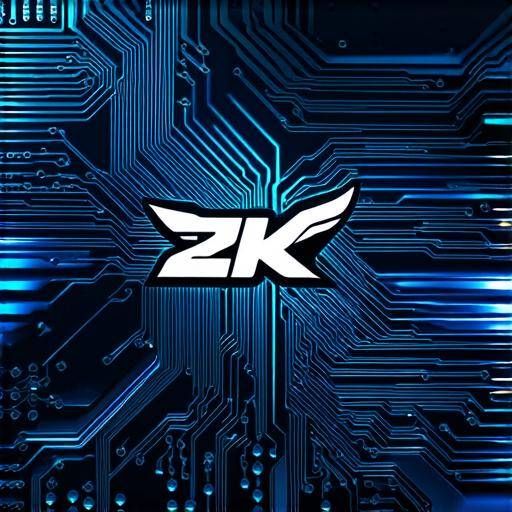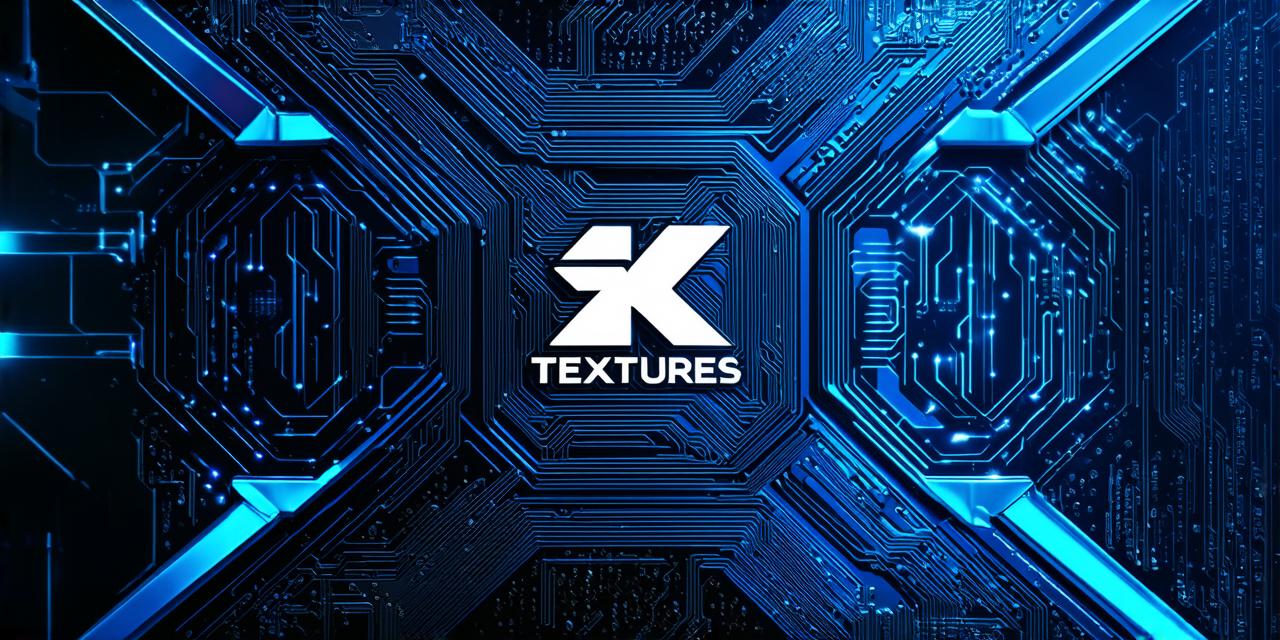What Makes a Blockchain Startup Different?
A blockchain startup is different from traditional startups in several ways. Firstly, it relies on the technology of blockchain to create value, rather than relying on traditional business models such as advertising or subscription-based revenue streams. This means that blockchain startups often have a lower cost structure and can be more resistant to disruption by competitors.
Secondly, blockchain startups typically operate in a decentralized manner, with no central authority controlling the network. This creates a high degree of transparency and security, as all transactions are recorded on a public ledger that cannot be tampered with or deleted.
Thirdly, blockchain startups often have a global reach, as they can operate in any location where there is access to the internet. This means that blockchain startups can tap into a global market and compete with traditional companies that are limited by geography.
Benefits of Blockchain Startups
There are several benefits to starting a blockchain startup, including:
- Improved security and transparency: Blockchain technology is designed to be highly secure and transparent, which makes it an attractive solution for industries that require high levels of security and accountability. For example, in the finance industry, blockchain can be used to create decentralized payment systems that are resistant to fraud and hacking.
- Reduced costs: Blockchain startups often have a lower cost structure than traditional startups, as they do not rely on intermediaries to facilitate transactions. This means that blockchain startups can operate more efficiently and with fewer overheads.
- Increased efficiency: Blockchain technology allows for faster and more efficient transactions, which can lead to increased productivity and reduced costs. For example, in the supply chain management industry, blockchain can be used to create a more transparent and efficient system that reduces waste and improves tracking.
- Disruption of traditional industries: Blockchain technology has the potential to disrupt traditional industries by creating new opportunities and business models. This means that blockchain startups can create significant value for their customers and capture market share from traditional companies.
Challenges of Blockchain Startups
Despite the benefits, there are also several challenges facing blockchain startups, including:
- Regulatory uncertainty: The regulatory environment for blockchain technology is still evolving in many countries, which can create legal and operational risks for blockchain startups. For example, some jurisdictions have banned or restricted the use of cryptocurrencies, while others have imposed strict licensing requirements on blockchain-based businesses.
- Technical complexity: Blockchain technology is still relatively new and complex, which can make it challenging for non-technical founders to understand and implement. This means that blockchain startups may require significant investment in research and development to create a product that is both secure and scalable.
- Competition: The blockchain industry is highly competitive, with many companies vying for market share. This means that blockchain startups will need to differentiate themselves and offer unique value propositions to stand out from the crowd.

Real-Life Examples of Successful Blockchain Startups
There are several successful blockchain startups operating today, including:
- Bitcoin: The most well-known cryptocurrency, which was created in 2009 by an unknown person or group using the pseudonym Satoshi Nakamoto. Bitcoin is decentralized and operates on a public ledger that allows for secure and transparent transactions without the need for intermediaries.
- Ethereum: A blockchain platform that allows developers to build decentralized applications (dApps) using smart contracts. Ethereum has a large and active developer community and is used for a wide range of applications, including decentralized finance, supply chain management, and gaming.
- Ripple: A blockchain-based payment protocol that allows for fast and secure cross-border payments. Ripple is used by banks and other financial institutions to facilitate global payments and reduce costs.
- IBM Food Trust: A blockchain-based platform that allows for the tracking and verification of food supply chains. IBM Food Trust is used by retailers, manufacturers, and regulators to improve traceability and reduce waste.
Summary
A blockchain startup is a company that aims to leverage the technology of blockchain to solve a particular problem or create new opportunities. Blockchain startups offer several benefits, including improved security and transparency, reduced costs, increased efficiency, and disruption of traditional industries. However, there are also several challenges facing blockchain startups, including regulatory uncertainty, technical complexity, and competition. Despite these challenges, there are several successful blockchain startups operating today, including Bitcoin, Ethereum, Ripple, and IBM Food Trust. As the technology of blockchain continues to evolve, we can expect to see more innovative solutions and applications emerge in a wide range of industries.
